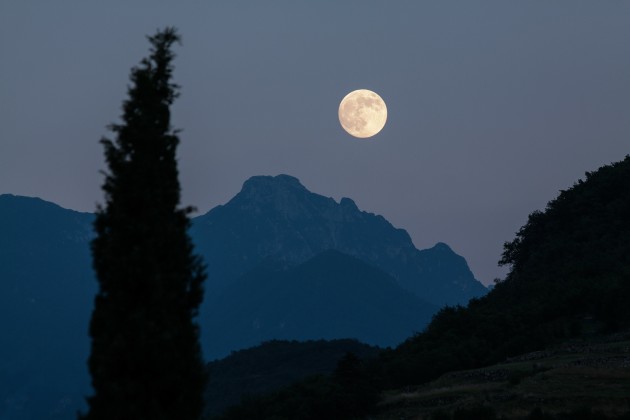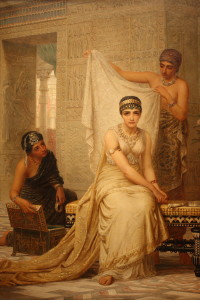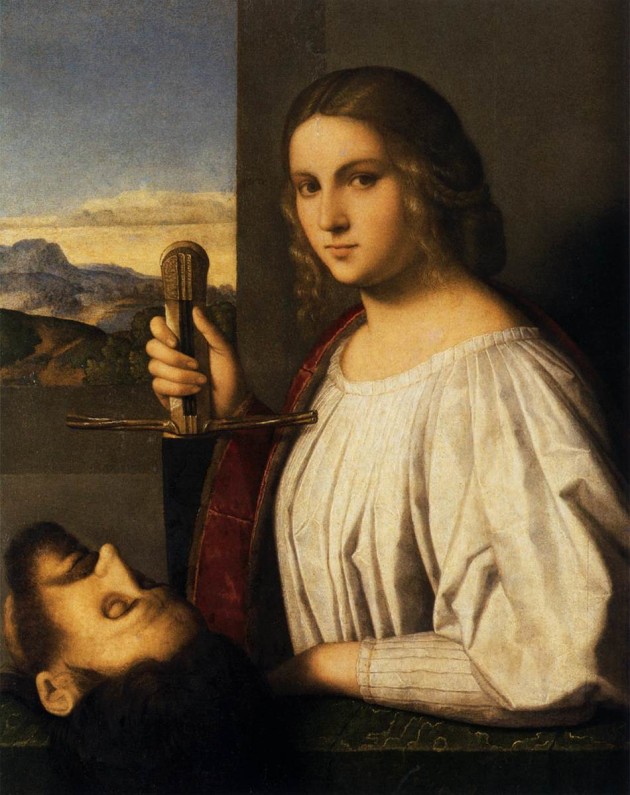Author Archives: Rishe Groner
October 12, 2020 by Rishe Groner
Reflections on Sukkot During the Coronavirus
So.
I don’t know about you, but I never thought we’d be here.
Saying goodbye to Sukkot, the grand festival of rejoicing, the time when we celebrate harvest, honor abundance, and pray for the rains to come.
And yet, we are. still. in. this. mess.
Last week, I walked the eerily empty streets of Jerusalem. It was an evening that would otherwise be packed with shoppers, tourists, visitors, hawkers, strangers, every kind of colorful human. There would be people buying their palm-branch-and-citron Lulav and Etrog sets from outdoor markets while tourists enjoy a late-night ice cream or beer and outdoor buskers strum their music to contribute to the overall din of joy.
Instead, there were just a few of us, approaching the stray stalls that were open to sell the season’s necessities, a sukkah plank here, a Lulav there; while the produce stands tried to get rid of their last vegetables and the buses stopped running at 9pm. It was dystopian, it was sad, it was infuriating.
(more…)- No Comments
October 12, 2020 by Rishe Groner
The Struggle of Finding Shelter as an Orthodox Woman
Sukkot is supposed to be the holiday of rejoicing.
And yet for me, a particularly difficult time, as a single woman.
Usually, it’s the week before Sukkot that I put a call out to ask the internet to help me build a sukkah or find one – and then, sometime during the actual week of the holiday I spill my guts and explain why the week brings about so much heartbreak.
I even wrote a poem about it once.
(more…)- No Comments
September 18, 2018 by Rishe Groner
A Prayer to Forgive Yourself on Yom Kippur
(See last year’s prayer here.)
Yom Kippur is here, and I churn.
Like my foremothers, who stood at the helm of domestic technologies
Spinning
Weaving
Churning
Kneading
I feel my insides move and dilate.
It’s hard to think straight.
Am I here to offer apology?
To demand pardoning?
To ask forgiveness?
- No Comments
March 29, 2018 by Rishe Groner
Let’s Liberate the Feminine This Passover
Two weeks ago, I hosted my first full weekend retreat, co-facilitated with some of my favorite collaborators and teachers. It was called “Embodying Liberation.” On the new moon of Nissan, with Passover on its way, we explored freeing our inner Divine Feminine through tangible, embodied spiritual practice. We danced, drummed, sang and chanted. We meditated, contemplated, sat in silence and in open-hearted vulnerable discussions. We ate nourishing food, connected with ourselves and nature, and constantly investigated the questions: what is our relationship to our bodies in spiritual practice? How do society’s gender norms hold us back, and how do we liberate ourselves through new views of the masculine and feminine? Most importantly, how are those portrayed in Jewish text and tradition, from ancient times til today?
As Passover approaches, the theme of liberation is on everybody’s lips, and feminine liberation is a Hot Topic. Feminist Haggadahs have increased in popularity year on year, we have the orange on the Seder plate, and we have Miriam’s Cup. Growing up Hasidic, I had access to none of these, and they likely might even be laughed at in some of the Orthodox communities I still visit. I’m here to tell you there’s still a long way to go.
- No Comments
March 16, 2018 by Rishe Groner
This Week’s Parsha Lays the Groundwork for Post-Patriarchy
 I learned about the menstrual cycle at the age of nine in the same class as a discussion on the structure of the Israelite camp in the desert. Since then, I’ve been acutely aware that the changing feminine form is not one to be proud of. There’s hiding your changing body at puberty, concealing your growing form during pregnancy, and of course, endless days of avoiding comments from coworkers about how your work ethic, emotional needs or eating habits might align with your monthly cycle.
I learned about the menstrual cycle at the age of nine in the same class as a discussion on the structure of the Israelite camp in the desert. Since then, I’ve been acutely aware that the changing feminine form is not one to be proud of. There’s hiding your changing body at puberty, concealing your growing form during pregnancy, and of course, endless days of avoiding comments from coworkers about how your work ethic, emotional needs or eating habits might align with your monthly cycle.
“She must be on that time of the month,” a statement made about countless women in workplaces everywhere, sometimes in sympathy, more often than not in derision. From an ancient culture that revealed the human, female form and its ability to produce and give life through its changing cycle, we’ve become a mechanized society that requires women to perform and produce, every day of the month, with identical output day to day.
Recent shifting views and research suggests that the varying hormones of the menstrual cycle may actually prove to be beneficial to the various functions required of today’s working woman. There’s the time of month when we feel more creative, more nurturing, more independent or more productive. There’s a time to go inward and reflect; a time to step forward with power and precision; and a time to build our nest and get organized. While the industrial revolution and its impact on our workplaces means we’re often discredited for being too emotional, the fact is that these ever-changing abilities to flow with the rhythms of life have been advantages for generations.
There’s another natural form that also ebbs and flows, waxes and wanes, just as we do as human menstruators. The moon has been a focal point in Jewish text and tradition for millennia.
- 3 Comments
February 28, 2018 by Rishe Groner
Why I Am Observing International Agunah Day

Painting of Esther by Edwin Long, 1878.
In a luxurious bedroom in an elegant estate somewhere in Iran thousands of years ago, a woman lies on a velvet chaise. Bedecked in jewels and the finest silks, she’s trapped. In a marriage to a man she never chose, forced to play to his whims and go only when she is summoned, she has no agency in her life. Her gilded cage is the only life she knows.
In Israel, America and throughout the world today, in spaces far less luxurious, women are similarly trapped. The first woman is a Queen, Esther of the story of Purim, trapped in an unwanted marriage with the king of Persia; the others are women around the world. But no matter how silky the sheets, the pain is still paramount.
When Purim approaches, our conversation centers around the miraculous shift from despondency to hope; from mourning to joy. The term used in the scroll of Esther is wonderfully alliterative: “Venahapoch hu!” And it flipped over. Turns right around. We talk about Purim as being topsy turvy, and that’s why it’s traditional to dress in costume, make irreverent plays (Purim shpiels) and even ridiculous words of Torah (Purim Torah). It’s about, to quote my senior year high school essays, highlighting the absurdity of the issue. The Jews were a minority people, on the verge of cultural genocide. An unpredictable plot twist occurs—a queen (female! Of all people!) obtains a place of power, and then the gallows that were intended for Mordechai were used to hang his enemy instead.
In the world we live in now, where so much is absurd and inane, I’m praying that the energy of Purim helps us turn things right side up.
- No Comments
January 31, 2018 by Rishe Groner
A Feminist Prayer for Tu b’Shvat
May my body be strong
Made of earth
Growing as a tree
May my limbs spread wide
May my seed sprout forth
May my fruits be tasted by all
As sweet
May the pits that lie within me
In the darkest depths of my dear heart
Serve me in my vulnerability
May the flames of the Divine
And the body I carry
Unite to provide
A shelter of Oneness
A growing, thriving plant
Legions of seeds
For I am Human
Woman
A tree
- No Comments
January 26, 2018 by Rishe Groner
This Week’s Torah Parsha Is Inspiration to Keep Marching
Last year, my friend Micha made her own drum.
It was painted blue, with a large wooden frame, and I’d seen the social media snaps she’d taken throughout the day as she’d crafted it with her hands. She began bringing her drum to circles where we’d sit in song and in prayer, and I watched over the months as her entire musical repertoire began to expand. Her voice opened and her beats shifted. Each time she played that drum and found the rhythms that worked for her, her soul came out in new ways.
Witnessing this made me want a drum, oh so desperately. Although I stopped at music stores and admired the beautiful specimens there, I knew I needed to undertake the work of building it myself.
So a month ago, when my friend Alex came to town and announced she’d be leading a drum making workshop, I jumped at the chance. I ordered the skin (elk) and the size (14 inch) I wanted, but deliberately did no research on how to build a drum. I knew it would be a learning curve for me. I’m a champion of embodied action but that doesn’t necessarily mean it’s easy for me. On the contrary, hands on mechanics can be a struggle for the girl who fights her body and lives in her mind. But that’s why I work so damn hard at it.
- No Comments
January 8, 2018 by Rishe Groner
Why We Need to Talk About Circumstantial Infertility
It’s a cold night on the Upper West Side, and like most New Yorkers, I had a choice of events for the evening. I likely would have skipped them all; which is what happens when you’re spoiled for choice, but something drew me to this big old synagogue. The elevator in the building takes a while to arrive, so I listen to the singing coming from the main sanctuary downstairs and remark to the woman ushering people in that I might prefer to stay and listen to that.
I don’t know, I guess I just feel… well… nervous.
I was making an investment in a topic I’d sometimes thought about but mostly dismissed—pushed to the back of my mind along with retirement savings and lasik surgery. As long as I don’t think about it, don’t research it; don’t talk about, perhaps it’s not really there.
But elephants in the room have a way of growing, and when I finally arrived on the 10th floor thanks to the single ancient creaky elevator, I realized I wasn’t the only one nervously eyeing this particular elephant. Thirty women were already present—by the end of the evening probably closer to 50—and while I was relieved to see a familiar face, I wondered why I wasn’t seeing more.
The speaker took the podium and began.
“In the Orthodox Jewish community, fertility has become a hot topic as many couples marry later in life and struggle to conceive in their 40s. But tonight we are here to talk about another type of infertility—circumstantial infertility.”
- 1 Comment
December 19, 2017 by Rishe Groner
What “Maoz Tzur” Has To Do With Our #MeToo Moment

Judith with the head of Holofernes, painting by Vincenzo Catena
“Maoz tzur yeshuati…” rings a song chanted the world over following the kindling of the Hanukkah lights, best known in its translation, “Rock of Ages.” Though it wasn’t my family’s custom to sing this seven-paragraph tribute to Jewish resistance overcoming oppression, I was somewhat familiar with not only the famous first verse, but also with the second-to-last. That penultimate verse is a tribute to opposing the Hellenist oppression featured in the Hanukkah story. It includes a phrase that’s been put to countless Hasidic tunes, and always leaves me jumping with joy inside.
“Yevanim nikbetzu alay,” it begins. “The Hellenists gathered against me, in the days of the Hasmoneans.”
Then the language does more than I could ever describe, so let’s go on a journey through the Hebrew:
“Upartzu chomot migdalay“—“and they breached the walls of my towers”/
“V’timu kol hashmanim“—“and defiled all of the oil.”
- No Comments
 Please wait...
Please wait...